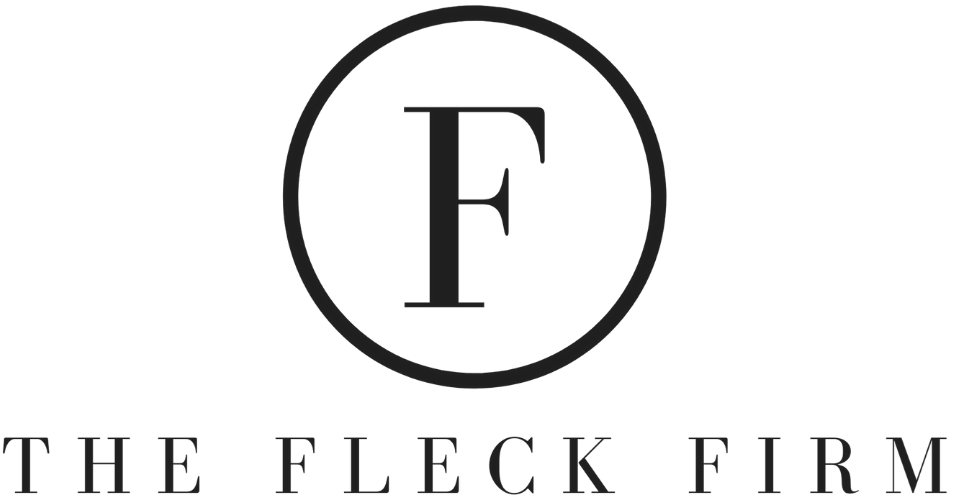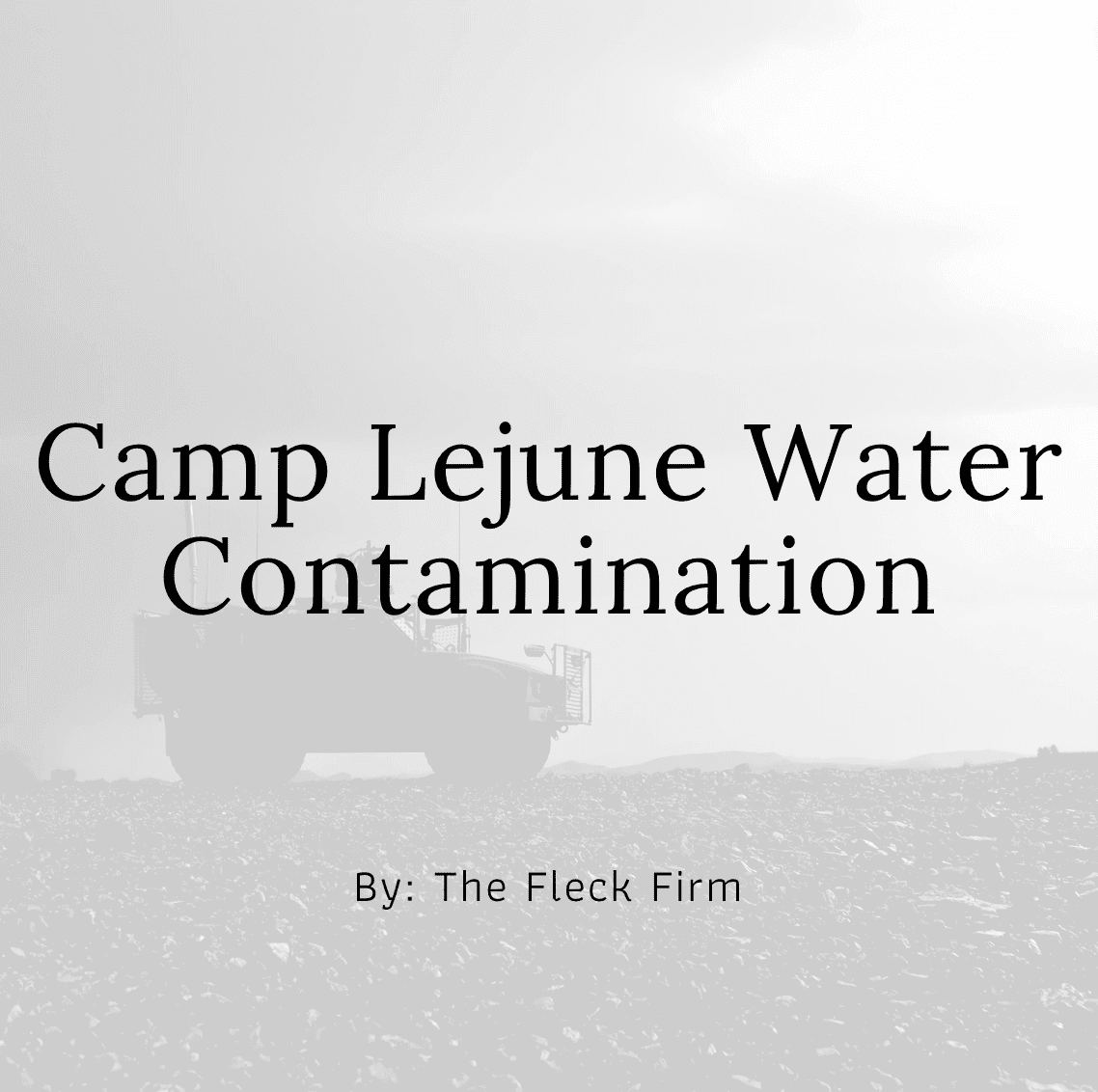You’ve seen ads on television and social media about lawsuits concerning Camp LeJeune. Camp LeJeune spam may fill your email inbox. What’s all the fuss about? It’s not so much the base. It’s that for decades the camp’s water supply was contaminated, and those injured by it may receive compensation.
What is Camp LeJeune?
Camp Lejeune (luh-jern), located in Jacksonville, North Carolina, has been the home of the Marines’ “Expeditionary Forces in Readiness” since 1941. It covers 156,000 acres and has 11 miles of beachfront, according to the Marines. About 170,000 people live in the base and the surrounding area.
Other attorneys take contingent fees of 33% to 50% of your settlement.
We want you to keep more of your money.
Our contingent fee is only 30% on cases settled prior to filing suit.
What Happened to Its Water?
The camp’s water supply was tested for chemical pollutants in the 1980s. Many hazardous substances were found at very high levels. The chemicals include:
- Trichloroethylene
- Tetrachloroethylene
- Benzene
- Vinyl chloride
Test results weren’t published until decades later. Over time, about a million people drank these chemicals in the water. These toxins increase the risk that someone exposed will develop cancer, Parkinson’s disease, and congenital disabilities.
Tetrachloroethylene (PCE) is a dry-cleaning solvent. An off-base dry-cleaning business, ABC One-Hour Cleaners, improperly disposed of the chemical by flushing it into a leaky septic tank system and burying it on site. The chemical leaked into the water supply for Tarawa Terrace, a housing complex for about 6,200 residents. The dry-cleaning business was demolished in 2017, and the area is an EPA Superfund Site awaiting federal cleanup.
Another water system, Hadnot Point, served schools, recreational areas, barracks, and the hospital on base. It had high levels of trichloroethylene (TCE), a solvent used to clean metal parts. It’s likely there were several sources of leaks, including underground tanks and chemical spills.
Benzene is a naturally occurring chemical that is also manufactured. It’s used as a solvent and is in petroleum-based fuels. Vinyl chloride is a cancer-causing substance used to make plastic pipes.
How Can I Make a Claim?
Generally, service members can’t sue the federal government for injuries they receive while part of the military. The Camp Lejeune Justice Act of 2022 was signed into law in August. It makes a limited exception for those impacted by the Camp LeJeune water supply.
It allows veterans, family members, and others who worked at, resided on, or were stationed at the base for at least thirty days from August 1, 1953, to December 31, 1987, and who suffered injuries caused by the water to seek financial compensation for the harm they suffered.
The law covers those who have not received compensation in the past. They, or a representative if the person died, must first file an administrative claim with the Navy’s Tort Claims Unit (TCU) in Norfolk, Virginia, within two years of the law’s enactment.
The TCU has 180 days from the claim’s date to take action (investigate, settle, or deny it). If there is no action or the claim is denied, a lawsuit seeking damages can be filed in the US District Court for the Eastern District of North Carolina. Claimants during the TCU process or plaintiffs filing a legal action must establish their illness or injuries were caused by Camp LeJeune’s contaminated water during the time in question.
About 5,000 claims were filed with the TCU in the month after the Camp Lejeune Justice Act was enacted, according to Reuters. It’s estimated that as many as a half million claims may be filed before the time to do so runs out in two years.
Do You Think Chemicals in Camp LeJeune’s Water Supply Injured You?
If you have any questions about your legal rights to compensation and how they can be protected, contact The Fleck Firm for a free consultation at (270) 446-7000. Talk to a local attorney you can trust, not someone sending you an unsolicited email or advertising on TV. We’ll discuss your situation, the law, and how to proceed. The federal government has lawyers. You should have one too.








